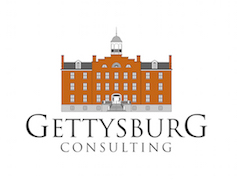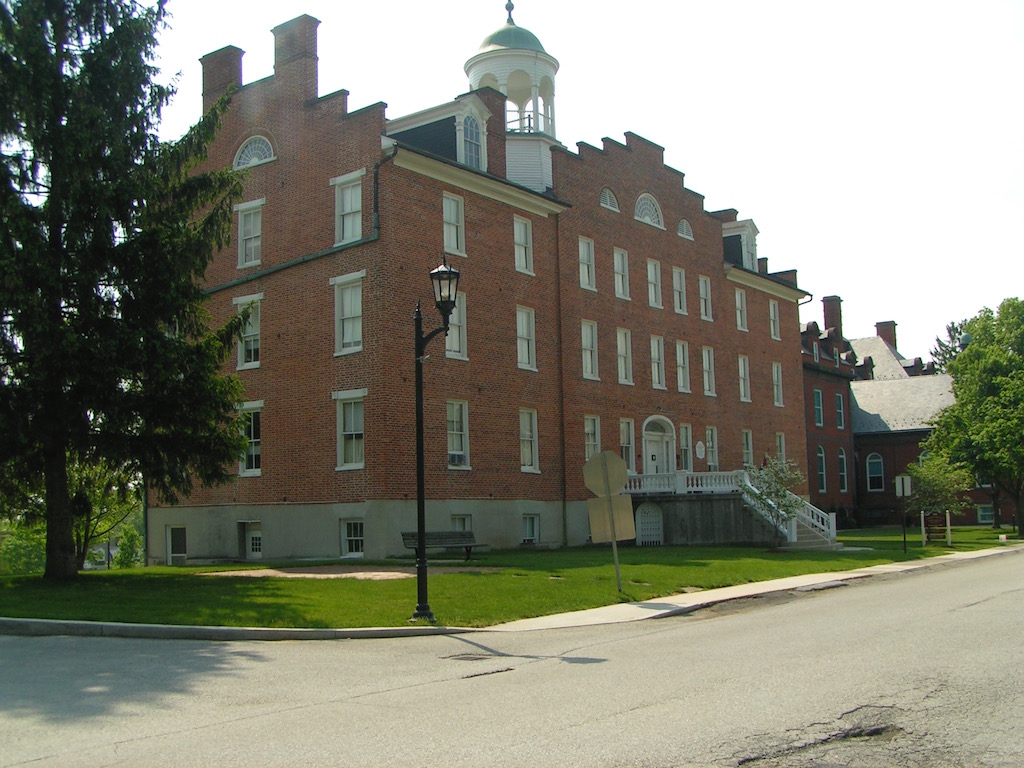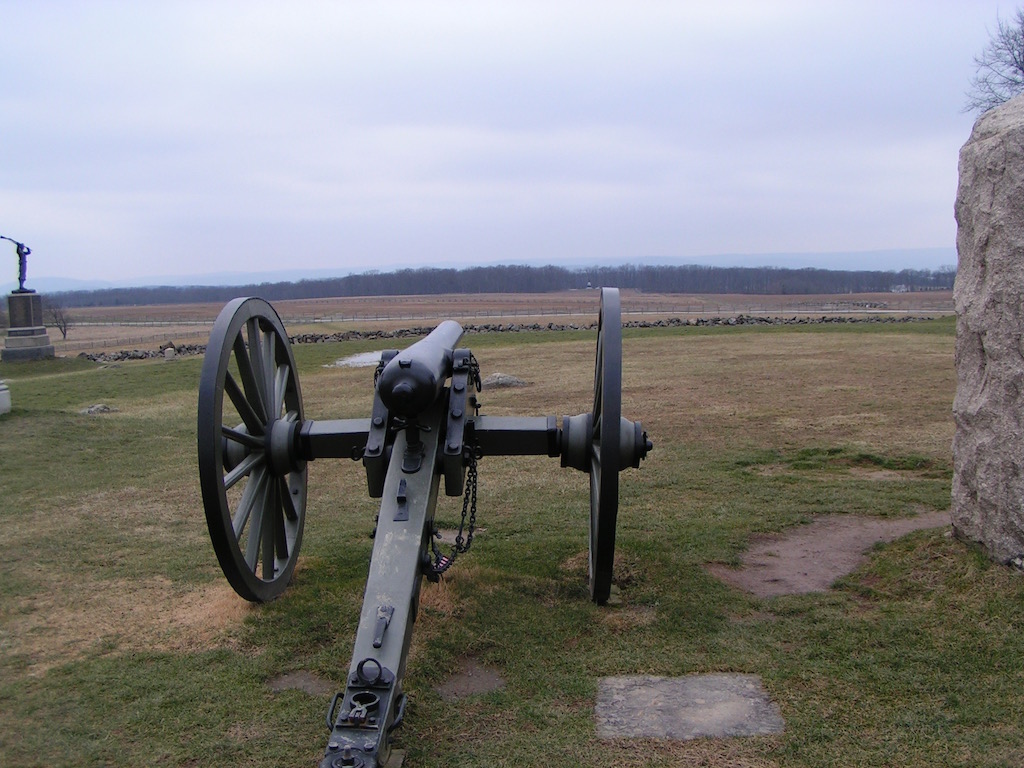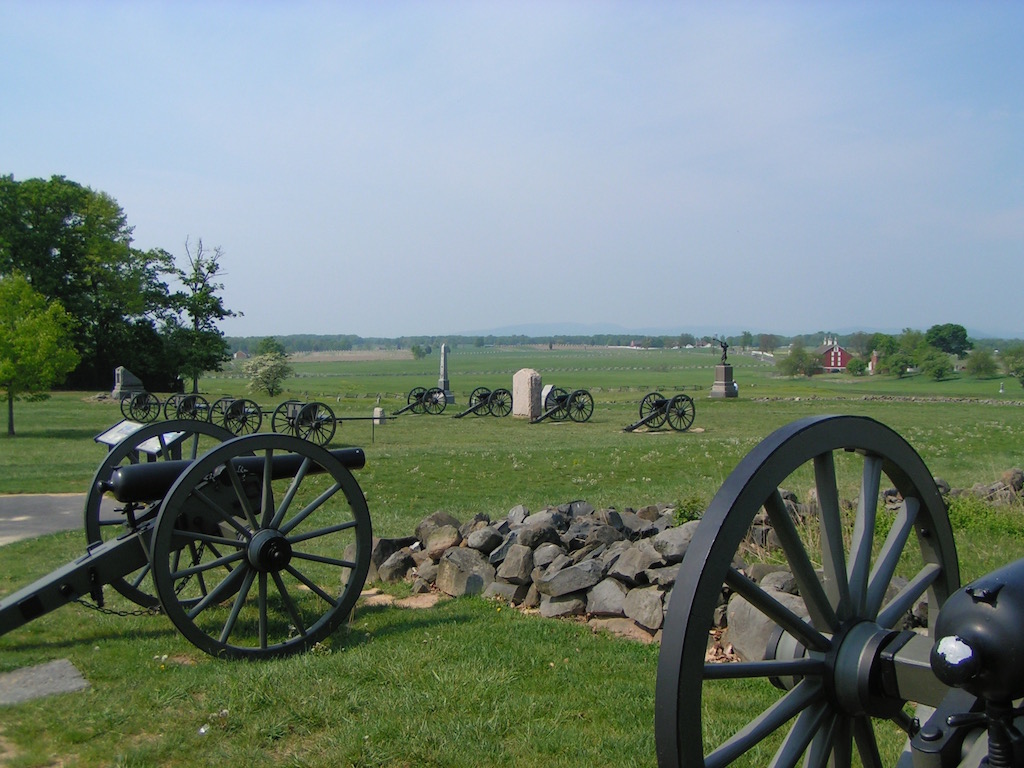We’re often asked where the name Gettysburg Consulting comes from. Here is the story!
As you probably know, Gettysburg is a small town in Pennsylvania, and surrounding it is the site of a decisive battle in the American Civil War.
While the battle was a tragedy in terms of the numbers killed and wounded, it represented a turning point in the conflict between competing visions of the American ideal. It was the last time in that war that the South threatened invasion of the North. The battle did not of itself resolve the conflict underlying that war. There were more bloody battles after it. After this point the industrial might of the Northern US, backed by its developing manufacturing industries and financial centres began to overwhelm the rural South; although it took nearly two years to finally win the war after the events at Gettysburg.
Some months after the battle, in November of 1863, Abraham Lincoln delivered his famous Gettysburg Address when dedicating a cemetery near the location of the climactic scenes of that battle. I first became interested in Gettysburg and the battle through the words in that speech, which I came across while working with an executive team to create a vision statement for an organisation I was working for. In less than two minutes, Lincoln summarised the significance of what had occurred there. After reading more about him and the war the place became one that I wanted to visit.
In 2005, while taking a career break and studying, Annette and I travelled there. Afterwards, I chose to name my company Gettysburg Consulting. In part, it was because of the stories of leadership and change that came from that conflict and that place, but also the simple practicality of having to name the company something. Luckily, the Gettysburg name was not registered anywhere here in Australia, and so Gettysburg Consulting was born. It was opportunistic to be sure, but has given the company a name I can relate to at least one part of our work – support for organisational change.
We don’t attempt to replicate the change of the Civil War, which represents an extreme case of a change that was both pursued and resisted forcefully. We do work with organisational leaders in the practical side of creating the overarching reason for change, and then implementing the many steps to make it happen, whether that be impact assessment, understanding and overcoming resistance, training, communication and benefits realisation.
Rodney Levett




